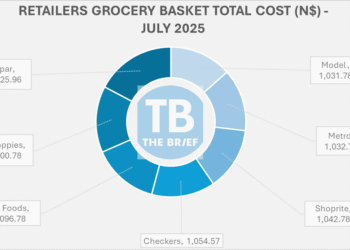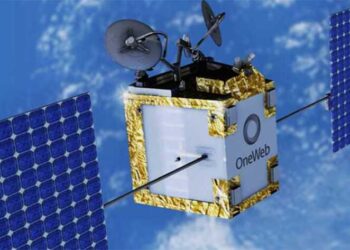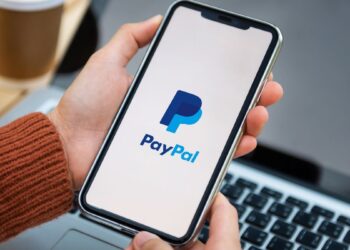
Namibia needs about N$300 million to meet the country’s objective to provide free internet to its citizens, lecturer of cybersecurity at the Namibia University of Science and Technology, Fungai Bhunu-Shava has revealed.Â
According to official figures, about half of the Namibian population has access to the internet, and about 49% of the population still has no access to the internet indicating the massive transformation that still needs to take place on a national scale to unlock the power of a digital future.
“The way to move forward is to provide funds and at the moment it is a 300-million bill that we need to raise. The marketing and the business are in place. We need money, we need funds,†Bhunu-Shava told the 7th Information and Communication Technology Summit.Â
Speaking at the same event, Communications Regulatory Authority of Namibia CEO Emilia Nghikembua said the provision of free internet should fall on both the public and private sectors due to the financial investment that comes with the task.
“ICT is an ecosystem, it’s not something that you can look at in isolation and there’s also opportunities for public investment into ICT infrastructure development as it’s very expensive to set up this infrastructure,†she said.
The CEO said Namibia needs to benchmark Botswana in the facilitation of ICT implementation measures.
“In Namibia, I think we need to have the same policy drive. And we are very excited because, in our engagement with the Ministry, this is already the leadership that we are getting so that we can move to a point where we also centralise our ICT activities because currently, the Ministry of Education would have an initiative, Ministry of Health would have an initiative, MICT would have an initiative,†she said.Â
Telecom Namibia CEO Stanley Shanapinda highlighted the financial challenges that come with the provision of free internet such as a lack of return on investments. He also pointed out Namibia’s dynamic geography as an obstacle.
“We’ve got the figures of what we wanted to roll out. We know in Eveline Street, that case just didn’t work to provide free public WIFI but if we can work together, we can come up with various models where, for example, you can say during certain hours, you can give certain capacity for free and so on,†Shanapinda said.Â
Â
Â
Â











